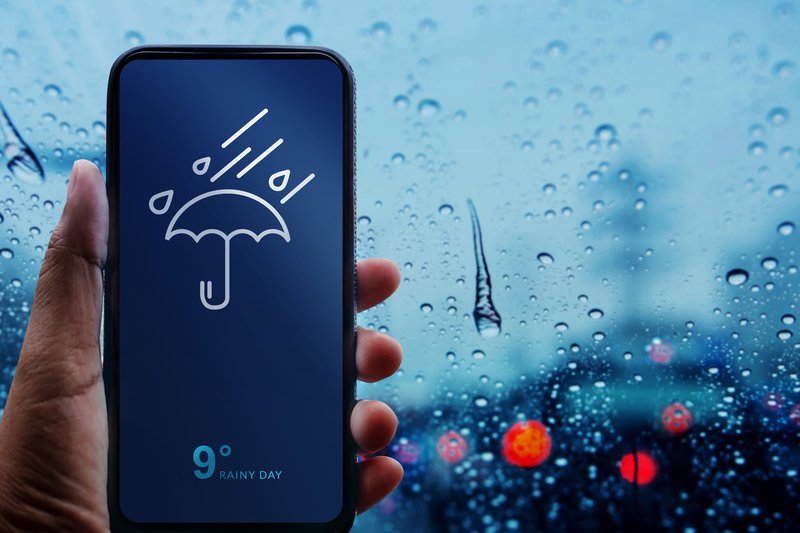KZN disaster teams on standby amid level 9 weather alert
Updated | By Gcinokuhle Malinga
With another major storm rolling in, disaster management teams are on high alert in KwaZulu-Natal.

The South African Weather Service has sent out level 5 and 9 alerts for parts of the province, saying that these will remain in place for two days.
READ: Level 9 weather warning for KZN, series of storms expected
Residents in eThekwini, Ilembe, Umgungundlovu, King Cetshwayo and uMkhanyakude are being urged to pay attention to the level 9 warning.
The level 5 alert was issued for the districts of Uthukela, uMzinyathi, Zululand, Harry Gwala, Amajuba, Ugu and parts of Umgungundlovu.
Cogta's Nonala Ndlovu is asking residents to take all the necessary precautions, saying the province has not fully recovered from last year's floods.
"Residents in the affected areas are requested to restrict unnecessary travelling as this might place them in danger.
"Parents must be vigilant and guard children so that they do not swim in rivers or go near large bodies of water."
The department supplied the following safety tips:
- People living in low-lying areas must take special care during storms, as sudden floods might affect them.
- They should monitor the rising water levels and evacuate the areas to a safer place or higher spot when the water level rises.
- Do not cross through flooded roads or bridges – use other routes.
- Avoid crossing low-lying bridges, streams and rivers.
- Never try to walk, swim or drive in swift-flowing water. Even if the water is 15 cm deep, it can sweep you off your feet;
- Motorists must be very careful and avoid driving through flooded areas.
- Drive to and park in safer areas.
- The public must monitor weather alerts on radio and television.
- The public should contact their ward councillor or nearest municipal disaster management centres
- Do not try to drive over a low-water bridge if water is flowing strongly across it and the ground is not visible.
- Teach your children about the dangers of floods.
- Keep your important documents in a water-resistant container.
- Keep your cell phone in close proximity to you and have emergency numbers at hand.
- Be especially vigilant at night. It is harder to recognise potentially deadly road hazards.
- Do not camp or park your car along rivers or washes, especially during heavy rains or thunderstorms.
- If you are on foot, be aware that low-moving water can also be dangerous during flood conditions. If you come upon moving water, do not walk into it.
- Where possible, communities are encouraged to try to avoid contact with any flood waters. The water may be contaminated with raw sewage, oil or other dangerous substances, and may also be charged with electricity from fallen powerlines.

Show's Stories
-
Have you ever lied about your job to avoid awkward questions?
Sometimes avoiding the questions is safer for both you and the person as...
Danny Guselli 7 hours ago -
British boy becomes champion seagull impersonator
Could this be the most ridiculous competition in the world?
Danny Guselli 7 hours ago